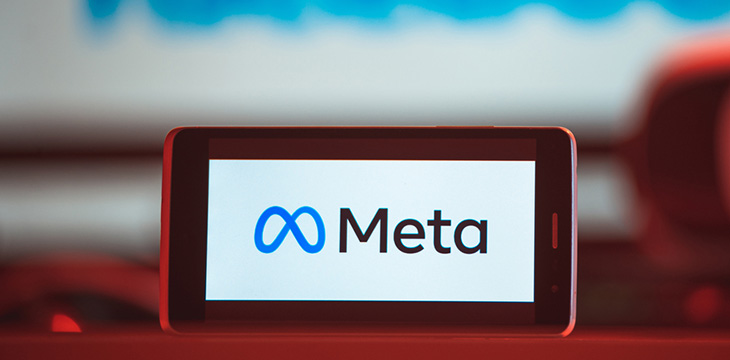
|
Getting your Trinity Audio player ready... |
Earlier this week, Meta Platforms Inc. (NASDAQ: META) CEO Mark Zuckerberg announced that mass layoffs would begin on Wednesday, November 9. It’s expected that thousands of employees from the company’s 87,000 workers will lose their jobs.
At a meeting on Tuesday, Zuckerberg announced the layoffs and said he was accountable. He cited over-optimism regarding growth which led to overstaffing as the company’s stock price has declined 70% this year.
The layoffs are part of a larger tech rout that has also seen companies like Twitter (NASDAQ: TWTR) and Coinbase (NASDAQ: COIN) lay off mass numbers of staff. The latter even went as far as to rescind offers made to employees it had lured away from other positions.
Meta’s head of HR announced that each laid-off employee would receive at least four months’ salary as severance.
Reality is returning to the tech sector
It’s no secret that, not long ago, Zuckerberg rebranded Facebook to Meta Labs Inc. due to his optimism regarding the metaverse. Zuckerberg has been one of its loudest proponents, although so far, the term is not well defined, and investors and other stakeholders have responded with varying degrees of skepticism.
The metaverse is a hypothetical iteration of the internet as one immersive virtual world which implements elements of augmented and virtual reality. It is sometimes linked with the term Web 3.0 or the next iteration of the internet.
Zuckerberg has big dreams for the metaverse, having previously purchased Oculus in his enthusiasm for virtual reality, which will play a key role in it. However, unlike the open, blockchain-based version like that being developed by Transmira, Zuckerberg sees a metaverse in which his firm acts as the gatekeeper.
As it becomes apparent that the metaverse and associated concepts are more complex than Meta initially understood and require access to intellectual property controlled by London-based company nChain to bring to fruition, enthusiasm for the craze is cooling. Meta has also joined COPA which filed a lawsuit to try to attack this intellectual property portfolio.
Has Meta peaked? What will its future look like?
While the wider tech sector is undoubtedly undergoing a bear market, Meta seems to be facing a particular set of headwinds that make its future look less than optimistic.
First, it’s well understood that younger generations, such as Gen Z, do not use Meta’s platforms as much as older generations. They prefer TikTok and other up-and-coming social media platforms, perceiving Meta as an unethical and unscrupulous company they don’t wish to associate with or give their data to. As a result, Meta recorded its first-ever contraction in new users last year.
In addition, Meta has largely missed out on the developments in the blockchain and digital currency industries. It failed to create its own digital currency multiple times and arrived too late in the game to have a significant impact. Platforms like LaMint, built on the Bitcoin SV blockchain, are already far ahead of Meta as far as blockchain-based social media platforms go.
Will Meta go the way of the dinosaur, or does it have a few adaptations left in it yet? Time will tell. For now, it’s a sad day for Meta’s employees.
Watch: The BSV Global Blockchain Convention presentation, Masters of the Metaverse
Recommended for you
Lorem ipsum odor amet, consectetuer adipiscing elit. Elit torquent maximus natoque viverra cursus maximus felis. Auctor commodo aliquet himenaeos fermentum
Lorem ipsum odor amet, consectetuer adipiscing elit. Accumsan mi at at semper libero pretium justo. Dictum parturient conubia turpis interdum

 11-22-2024
11-22-2024


